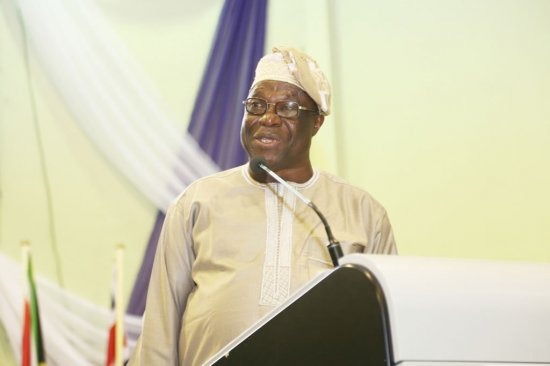North African country has an ambitious target of installing 22GW of renewable energy by 2030. Currently, more than 96 per cent of Algeria’s power is generated from thermal power plants.
The Algerian government has unveiled plans to develop 4GW of photovoltaic (PV) solar capacity by 2024.
The ambitious programme will require investment of between $3.2bn and $3.6bn, the prime minister’s office revealed on 20 May. The Tafouk 1 programme will involve the installation of the capacity between 2020 and 2024, and the solar farms will be located across more than 10 areas covering a total area of almost 16,000 acres.
According to the government, the programme will create 56,000 jobs during the construction phase and 2,000 long-term jobs for the operation and maintenance of the plants.
The PV projects will play a significant part of meeting the rapid demand growth for electricity in the North African country, which is growing by more than 6 per cent a year.
By the end of 2018, PV solar only accounted for 410MW of the country’s 19,227MW installed capacity, with thermal power plants accounting for more than 96 per cent of the country’s power production.
As part of its National Renewable Energy & Efficiency development plan, launched in 2015, Algeria has set a target for renewables to account for 27 per cent of the total installed power capacity by 2030, which will be about 22GW. More than 13.5GW of the total is expected to come from PV solar.
Source: Energy Utilities / Informa-Markets








Thanks for sharing. I read many of your blog posts, cool, your blog is very good.
I don’t think the title of your article matches the content lol. Just kidding, mainly because I had some doubts after reading the article.